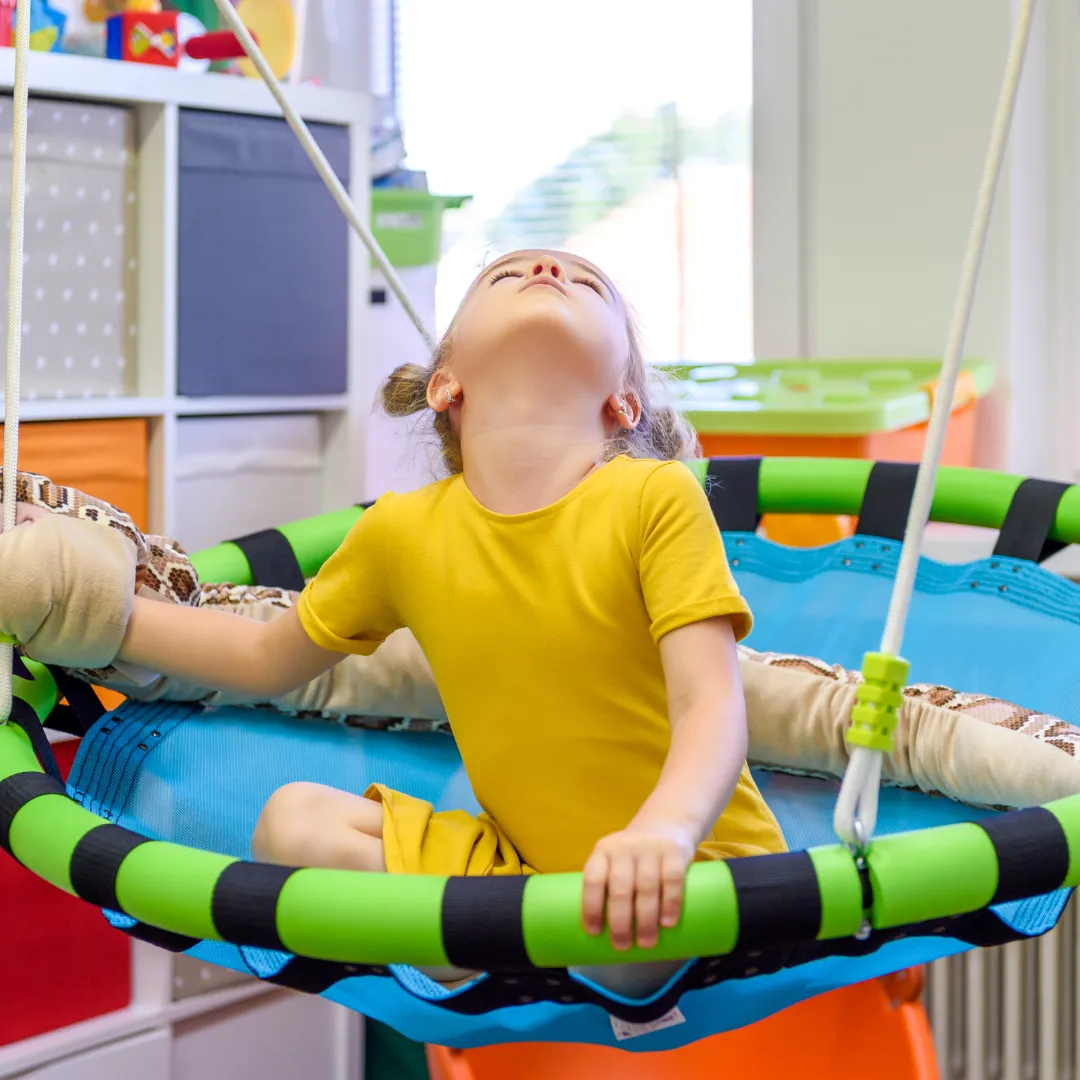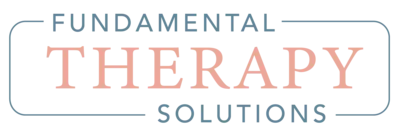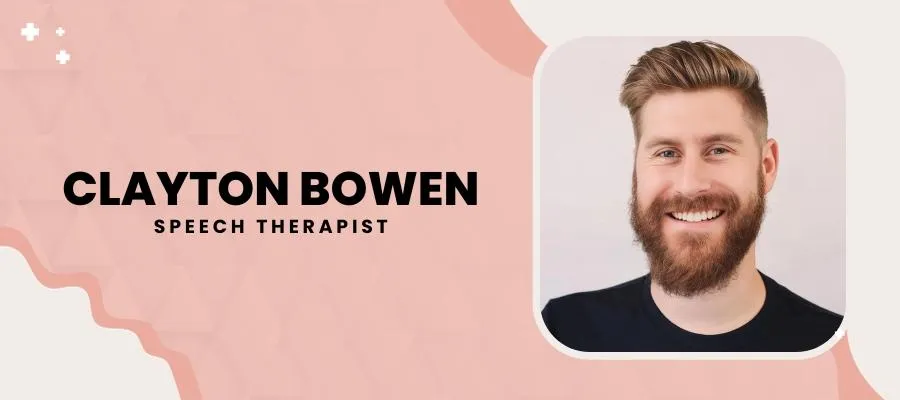Exceptional
Speech & Language Therapy


What Is Pediatric Speech & Language Therapy?
Speech Therapy offers a lifeline for children facing communication hurdles. Our speech therapists are skilled in identifying and treating a wide range of speech and language disorders, from stuttering to difficulty with language comprehension. We create a supportive atmosphere where children can practice and improve their communication skills through interactive and personalized activities.
Our approach not only helps children articulate their words more clearly but also enhances their ability to understand others, express their thoughts and feelings, and engage in successful social interactions. We also work closely with families to implement strategies that support communication development at home.
The Experts Behind Speech Therapy
Speech-Language Pathologist (SLP): An SLP holds a master's degree in speech-language pathology and is certified to assess and treat speech, language, and swallowing disorders.

Common Signs and Indicators for Speech Therapy in Children
Speech Development Milestones
By 12 months, does your child:
Signs and Symptoms
Listen when spoken to
Understand and respond to own name
Respond to simple requests
Recognize words for common items like “ball” and “cup”
Imitate some speech sounds and intonation patterns
Use sound approximations
Begin to change babbling to jargon
Have an expressive vocabulary of 1 to 3 words
By 12-18 months, does your child:
Signs and Symptoms
Point to a few body parts when asked
Follow simple commands
Respond with words or gestures to a question, such as “What’s that?” or “Where’s your shoe?”
Imitate individual words
Have an expressive vocabulary of 3 to 20 or more words
Produce more words every month
By 19-24 months, does your child:
Signs and Symptoms
Listen to simple stories, songs, and rhymes
Point to pictures in a book when named
Know 5 body parts
Use words more frequently than jargon
Accurately name a few familiar objects- Have an expressive vocabulary of 50-100 or more words
Ask and answer “What’s that?” questions
Sound approximately 25-50% intelligible to strangers
By 2-3 years, does your child:
Signs and Symptoms
Follow 2-part commands
Identify several body parts
Understand most things said to him or her
Have an expressive vocabulary of 50-250 or more words
Request items by name
Request permission for items or activities
Defend own possessions
Begin to control behavior verbally rather than physically
Ask 1- to 2-word questions
Use 2- to 4-word phrases
Exhibit multiple grammatical errors- Produce speech that is 50-75% intelligible- Maintain topic over several conversational turns
By 3-4 years, does your child:
Signs and Symptoms
Follow 2- and 3-part commands
Use language to express emotion
Use 4 to 5 words in sentences
Tell two events in chronological order
Engage in long conversations
Answer wh- questions (e.g., who, what, where)
Make eye contact with peers and adults
Produce speech that is approximately 80% intelligible to strangers
By 4-5 years, does your child:
Signs and Symptoms
Use sentences of 4 to 8 words
Accurately tell about experiences at school, at friends’ homes, etc.
Listen to short stories and answer simple questions about them
Tell stories that stick to topic
Use language to resolve disputes with peers
Use words to invite others to play
Use adult-like grammar most of the time
Produce speech that is usually intelligible to strangers even though some articulation errors may persist
By 5-6 years, does your child:
Signs and Symptoms
Follow instructions given to a group
Use sentence length of 4 to 6 words
Exchange information and asks questions
Use sentences with details
Accurately relay a story
Communicate easily with adults and other children
Use appropriate grammar in most cases
School-age – does your child:
Signs and Symptoms
Use increasingly more complex descriptions
Engage in conversation
Grasp details or main ideas in stories
Understand and use figurative expressions
Organize sentences and stories
Draw conclusions and inferences
Paraphrase and rephrase with ease
Have the ability to reason
Look at things from another’s perspective
Retrieve/access words easily
Our Friendly Speech Therapists

Monday - Thursday 8:30am - 5:00pm
Friday 9:00am - 3:00pm
Saturday - Sunday Closed
3312 S. Peoria Ave, Tulsa, OK. 74105
© 2023 Fundamental Therapy Solutions - All Rights Reserved

